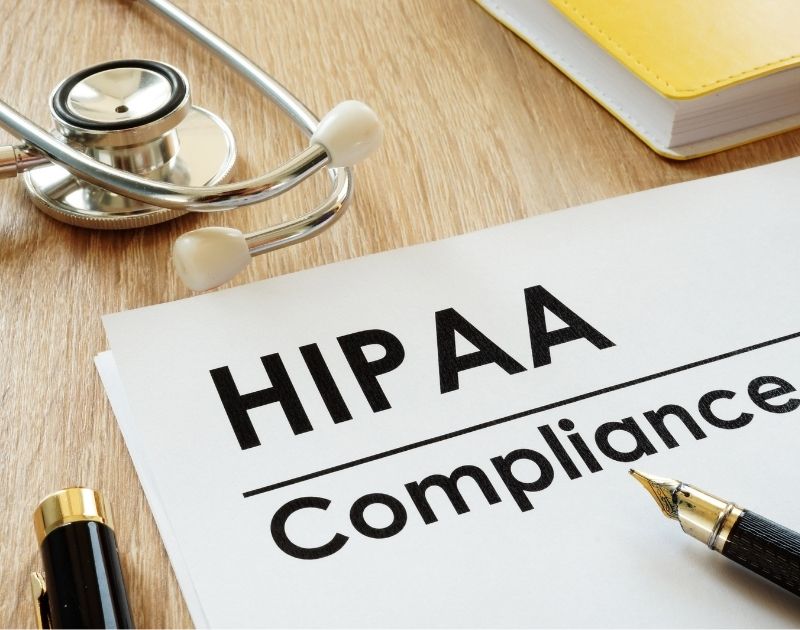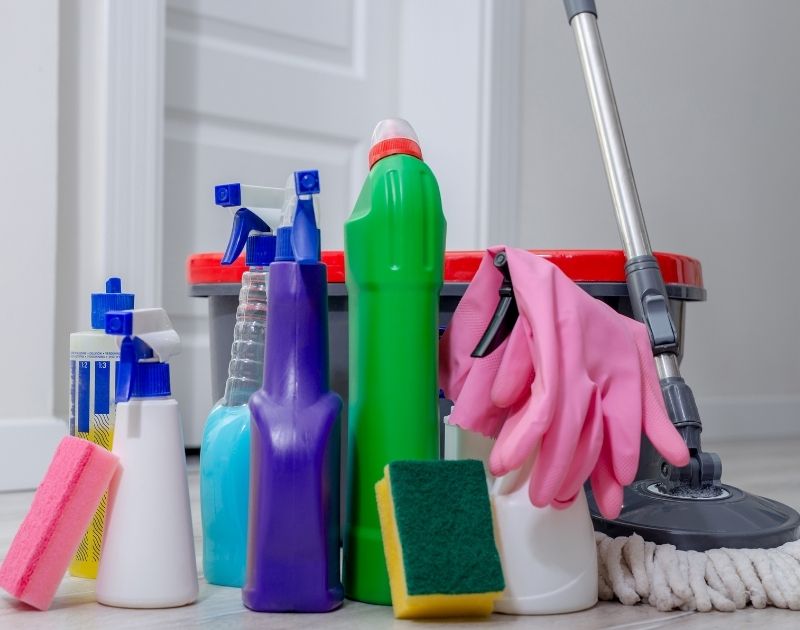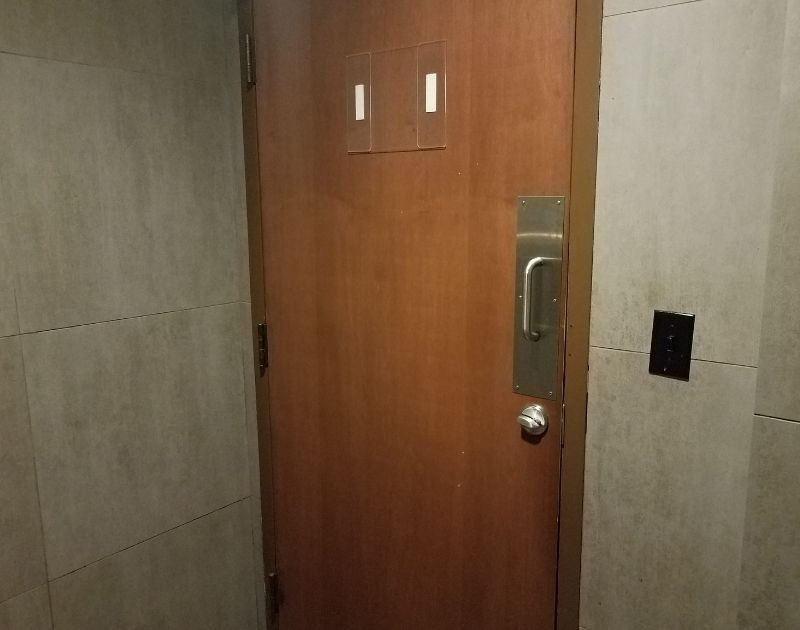When business leaders search for Commercial Cleaning Services, they often encounter terms like industrial cleaning and office cleaning. At first glance, they might sound interchangeable — both involve janitorial work, cleanliness, and professional staff. But in practice, these two service types differ dramatically in scope, safety standards, equipment, and goals.
At Assett Commercial Services, we specialize in providing tailored Janitorial Services that fit each environment precisely. Whether it’s a light office refresh or a heavy-duty manufacturing facility cleanup, knowing the distinction helps you choose the right partner — and ensure the job is done safely, efficiently, and to standard.
1. Defining the Two Worlds of Cleaning
Office Cleaning:
Office cleaning focuses on maintaining hygienic, pleasant, and productive workspaces. These are typically controlled environments — air-conditioned, carpeted, with predictable traffic and standard office equipment. The cleaning goals center around appearance, sanitation, and comfort for employees and clients.
Industrial Cleaning:
Industrial cleaning, on the other hand, involves large-scale or high-risk environments like factories, warehouses, manufacturing plants, or distribution centers. These spaces may contain heavy machinery, chemical residue, grease buildup, or dust from production processes. Safety compliance, specialized training, and durable cleaning equipment are critical in this setting.
Key Distinction:
-
Office cleaning prioritizes aesthetics and hygiene.
-
Industrial cleaning prioritizes safety, compliance, and performance of equipment.
2. Environments and Facility Types
Each cleaning type serves a specific category of facility.
Office Cleaning Covers:
-
Corporate offices
-
Government buildings
-
Educational institutions
-
Financial institutions
-
Co-working spaces
-
Healthcare administration offices
Industrial Cleaning Covers:
-
Manufacturing plants
-
Distribution centers
-
Warehouses
-
Automotive and aerospace facilities
-
Food and beverage processing plants
-
Energy, chemical, or utility sites
In other words, office cleaning is people-focused, while industrial cleaning is process-focused. Office spaces are about maintaining employee morale and client impressions. Industrial environments are about keeping production lines safe and compliant with OSHA or EPA standards.
3. The Tools and Equipment Used
The difference between Janitorial Services for offices and industrial spaces becomes even clearer when examining the tools used.
Office Cleaning Tools Include:
-
Vacuum cleaners and carpet extractors
-
Microfiber cloths and dusters
-
Mop buckets and neutral floor cleaners
-
Glass cleaners and disinfectants
-
Small-scale janitorial carts
These tools are designed for frequent, light-duty cleaning with an emphasis on hygiene and tidiness.
Industrial Cleaning Tools Include:
-
High-pressure washers and steam cleaners
-
Industrial vacuum systems for metal dust or debris
-
Solvent-based degreasers
-
Floor scrubbers and sweepers for large square footage
-
Confined space ventilation or cleaning apparatus
In short, office cleaning keeps things neat; industrial cleaning keeps operations running safely.
4. Frequency and Scheduling
Office Cleaning:
Typically performed daily or several times per week, office cleaning ensures that surfaces stay sanitized and dust-free. This includes regular trash removal, restroom cleaning, desk disinfection, and floor maintenance. Schedules can be flexible — during off-hours, early mornings, or late evenings.
Industrial Cleaning:
Usually planned around production cycles or plant shutdowns. Cleaning may occur weekly, monthly, or quarterly depending on the level of residue, risk, and industry regulations. Because many industrial spaces operate 24/7, scheduling requires coordination with safety officers and management to minimize downtime.
At Assett Commercial Services, we create custom cleaning schedules that align with your operations — balancing production demands with sanitation and compliance.
5. Training and Safety Requirements
Office Cleaning:
While professionalism and consistency are essential, office cleaners typically operate in low-risk environments. Standard OSHA training, chemical safety awareness, and cleaning protocols are sufficient.
Industrial Cleaning:
Requires advanced safety training. Cleaners may need certification in confined space entry, lockout/tagout procedures, PPE usage, or handling of hazardous materials. Industrial cleaning staff must also understand equipment shutdown protocols and safety reporting procedures.
Every team member at Assett Commercial Services is trained to meet the highest safety standards in the industry. From PPE compliance to incident reporting, we ensure your facility meets — and often exceeds — regulatory expectations.
6. Cleaning Processes and Methods
Office Cleaning Process:
-
Dust and Surface Wipe-Downs: Desks, shelves, monitors, and high-touch areas.
-
Floor Care: Vacuuming carpets, mopping tile or laminate.
-
Restroom Sanitation: Disinfecting sinks, toilets, mirrors, and refilling supplies.
-
Breakroom Cleaning: Wiping appliances, counters, and tables.
-
Trash Removal and Recycling: Keeping bins empty and areas odor-free.
Industrial Cleaning Process:
-
Equipment and Machinery Degreasing: Removing oil, grease, or residues.
-
High-Pressure Surface Cleaning: Using industrial washers to eliminate build-up.
-
Chemical or Solvent Cleaning: For specialized materials or hazardous contaminants.
-
Ventilation and Duct Cleaning: Ensuring safe air quality in manufacturing areas.
-
Hazardous Waste Disposal: Following EPA and OSHA guidelines.
Because of these complex steps, industrial cleaning requires meticulous preparation and supervision — ensuring no disruption to machinery, product quality, or employee safety.
7. Level of Risk and Liability
One of the most critical differences between the two cleaning categories lies in risk exposure.
Office Cleaning Risks:
-
Minor slips or electrical hazards.
-
Low likelihood of chemical exposure.
-
Low physical strain, with predictable cleaning routines.
Industrial Cleaning Risks:
-
Exposure to toxic materials or fumes.
-
Potential injuries from machinery, forklifts, or elevated platforms.
-
Handling sharp or heavy objects.
That’s why Assett Commercial Services maintains strict safety protocols, including insurance coverage, safety documentation, and thorough pre-job risk assessments. We make safety a non-negotiable part of our cleaning strategy.
8. Compliance and Industry Standards
Office Cleaning Compliance:
Focused on general workplace hygiene, CDC guidelines for sanitation, and OSHA standards for safe cleaning practices.
Industrial Cleaning Compliance:
Often industry-specific, requiring adherence to additional standards like:
-
OSHA 29 CFR 1910: General industry safety standards.
-
EPA Regulations: Proper chemical handling and waste disposal.
-
FDA or USDA Requirements: For food or pharmaceutical facilities.
-
NFPA Standards: In facilities with flammable materials.
Assett Commercial Services designs cleaning protocols that meet each facility’s unique compliance checklist. We handle documentation, audits, and inspection readiness — so you can focus on your operations.
9. Impact on Productivity
Clean environments directly influence employee performance and production efficiency.
In Offices:
A clean workplace improves employee morale, reduces absenteeism, and enhances brand perception. Customers and clients notice when an office is well-maintained — it signals professionalism and care.
In Industrial Settings:
Clean floors and equipment reduce the risk of accidents and improve machinery performance. Dirt, oil, or debris buildup can cause costly downtime or damage. Industrial cleaning isn’t just about appearance — it’s a business-critical function that protects assets and uptime.
With Assett Commercial Services, businesses gain a partner who understands the operational value of cleaning — not just its visual impact.
10. Cost Structures and Budgeting
Office Cleaning Costs:
Typically charged by square footage, cleaning frequency, and level of service. Office cleaning tends to be more predictable in pricing, with monthly contracts for ongoing maintenance.
Industrial Cleaning Costs:
Priced by complexity, safety requirements, and the nature of contaminants. Projects may involve additional costs for specialized chemicals, equipment rental, PPE, or after-hours scheduling.
However, while industrial cleaning can cost more per service, it often saves companies significantly by preventing equipment failure, regulatory fines, or production delays.
11. Staff Specialization and Experience
At Assett Commercial Services, we recruit and train professionals who understand both sides of the cleaning spectrum.
Our Office Cleaning Teams:
-
Focus on efficiency, detail, and discretion.
-
Understand how to clean around computers, cables, and office electronics.
-
Deliver consistent results that keep workplaces inviting and professional.
Our Industrial Cleaning Teams:
-
Are experienced in high-risk, high-performance environments.
-
Receive continuous safety and equipment training.
-
Work in coordination with your plant management and safety officers.
The result: one partner capable of scaling with your needs — from a single office suite to a multi-facility industrial operation.
12. Sustainability and Environmental Considerations
Today’s companies care about environmental responsibility, and cleaning plays a major role in achieving sustainability goals.
Office Cleaning Sustainability:
-
Use of eco-friendly cleaning products.
-
Microfiber systems that reduce chemical use.
-
Waste and recycling programs.
Industrial Cleaning Sustainability:
-
Environmentally safe degreasers and detergents.
-
Proper disposal of hazardous waste.
-
Water reclamation systems for high-pressure washing.
Assett Commercial Services implements green cleaning practices across both environments, helping companies meet internal sustainability targets and third-party certifications.
13. The Role of Technology
Cleaning has become increasingly data-driven — and the difference between office and industrial settings is evident here too.
Office Cleaning Technology:
-
Time-tracking and quality inspection apps.
-
Client portals for scheduling and communication.
-
Smart dispensers and inventory management systems.
Industrial Cleaning Technology:
-
Remote monitoring of air quality and dust control.
-
Equipment-mounted cleaning verification sensors.
-
Digital compliance logs and documentation tools.
At Assett Commercial Services, we integrate both approaches through real-time reporting, service verification, and data-backed performance reviews — ensuring transparency for our clients.
14. Examples of Real-World Applications
Example 1 – Office Cleaning Scenario:
A mid-size accounting firm in Asheville hires Assett Commercial Services for nightly cleaning. Our crew disinfects desks, vacuums carpets, sanitizes restrooms, and ensures meeting rooms are spotless. The result? Healthier employees and a more professional environment for clients.
Example 2 – Industrial Cleaning Scenario:
A manufacturing facility in Knoxville experiences grease buildup around production lines. Assett dispatches a trained team equipped with industrial degreasers, high-pressure washers, and confined-space safety gear. The plant resumes full operation the next morning with no safety violations or downtime.
Different settings, different requirements — but both backed by the same professionalism, reliability, and accountability.
15. Choosing the Right Partner for Your Facility
Selecting the right Commercial Cleaning Services provider means choosing one that understands your environment’s specific needs.
Ask potential partners:
-
Do they have OSHA-trained staff?
-
Can they provide documentation of compliance?
-
Do they adjust cleaning schedules around your operations?
-
How do they verify quality and safety?
At Assett Commercial Services, our reputation is built on precision, safety, and measurable performance. We align every service plan with your operational goals — not just your square footage.
16. Why Assett Commercial Services Is Different
Most cleaning companies specialize in one category — either light janitorial or heavy industrial. Assett Commercial Services bridges the gap.
We combine the reliability and professionalism of an office-cleaning provider with the expertise and compliance readiness of an industrial specialist. Our teams can transition seamlessly between environments, bringing consistency to multi-site portfolios and national operations alike.
When you work with Assett, you’re not just hiring a cleaning crew — you’re gaining a strategic maintenance partner dedicated to helping your business operate at its best.
17. Final Thoughts
While both office and industrial cleaning fall under the umbrella of Janitorial Services, they differ in purpose, complexity, and impact. Office cleaning keeps workspaces inviting and hygienic. Industrial cleaning safeguards production, compliance, and safety.
Understanding the difference allows business owners and facility managers to invest in the right service — and the right partner.
At Assett Commercial Services, we tailor every cleaning plan to your facility type, operating schedule, and compliance requirements. From spotless offices to fully compliant manufacturing floors, we help businesses stay clean, safe, and ready for growth.
Whether your business runs on cubicles or conveyor belts, a clean facility protects your reputation and your bottom line.
Contact Assett Commercial Services today to learn how our customized Commercial Cleaning Services and Janitorial Services can support your team, your equipment, and your success.




